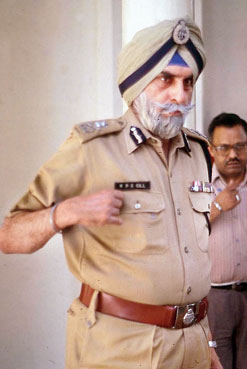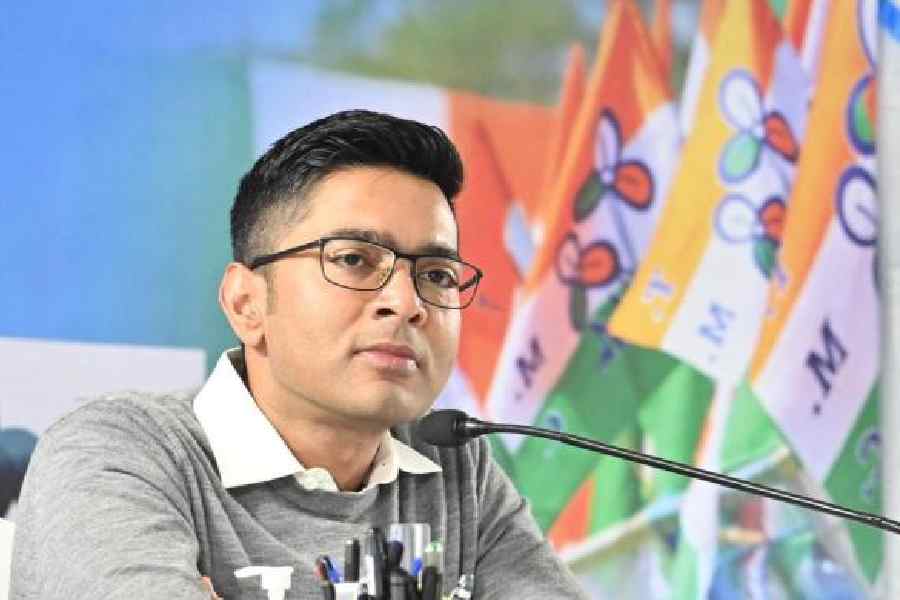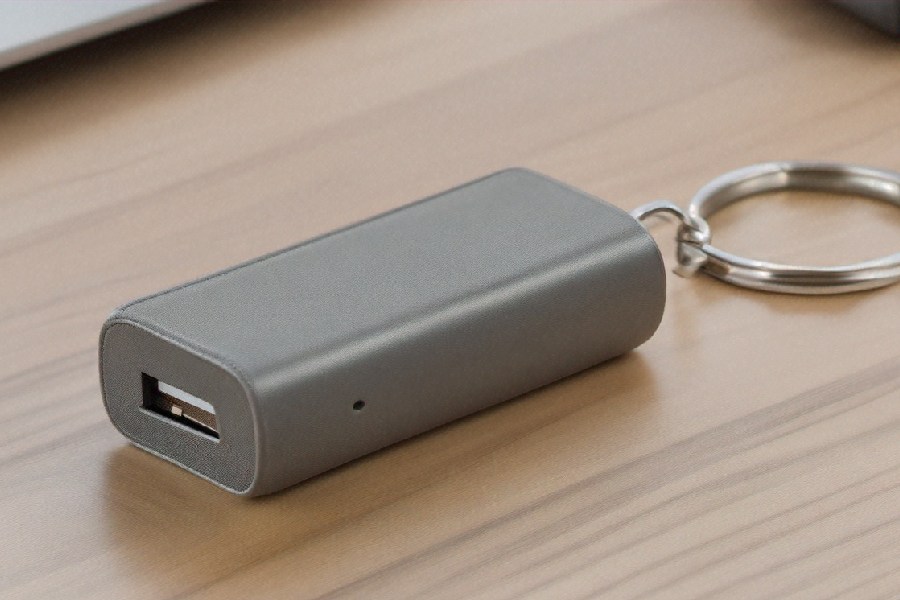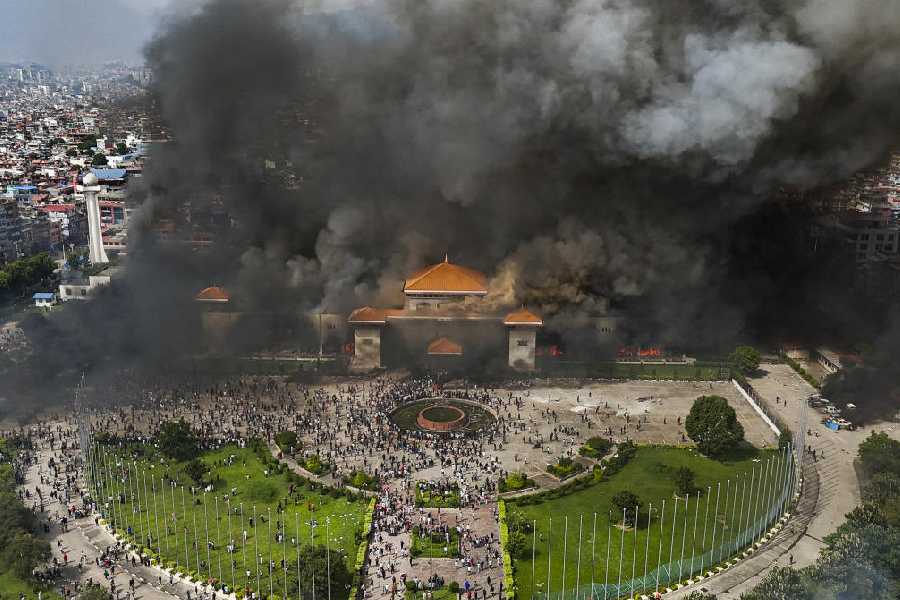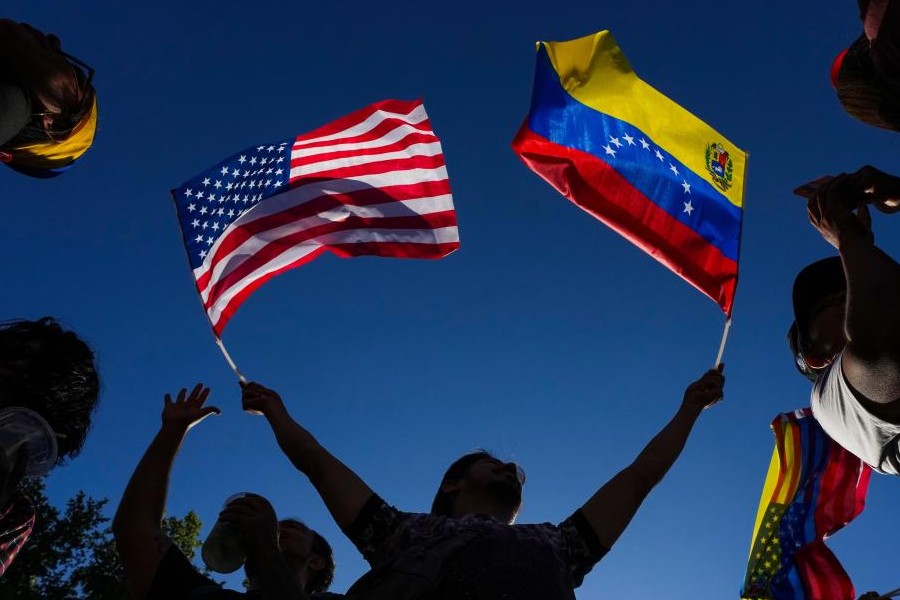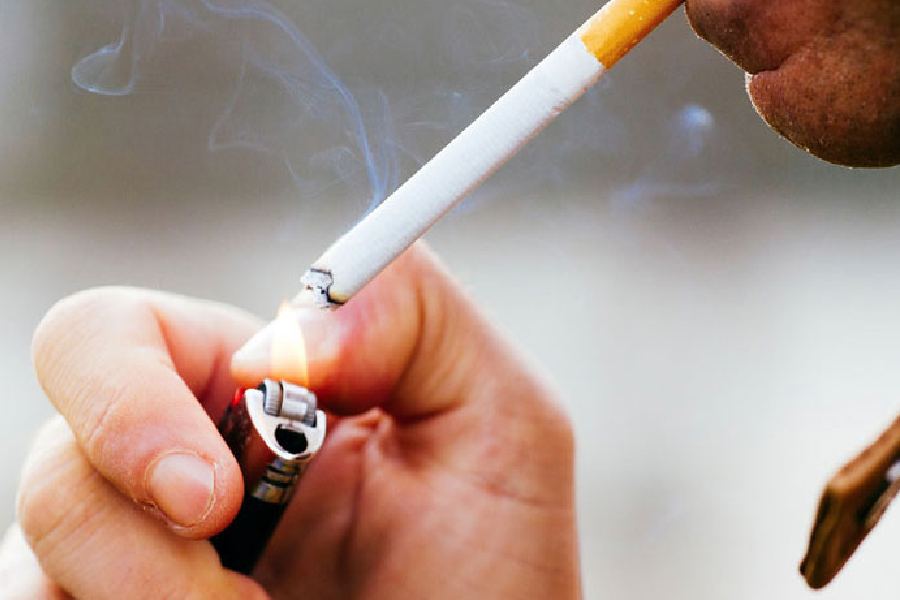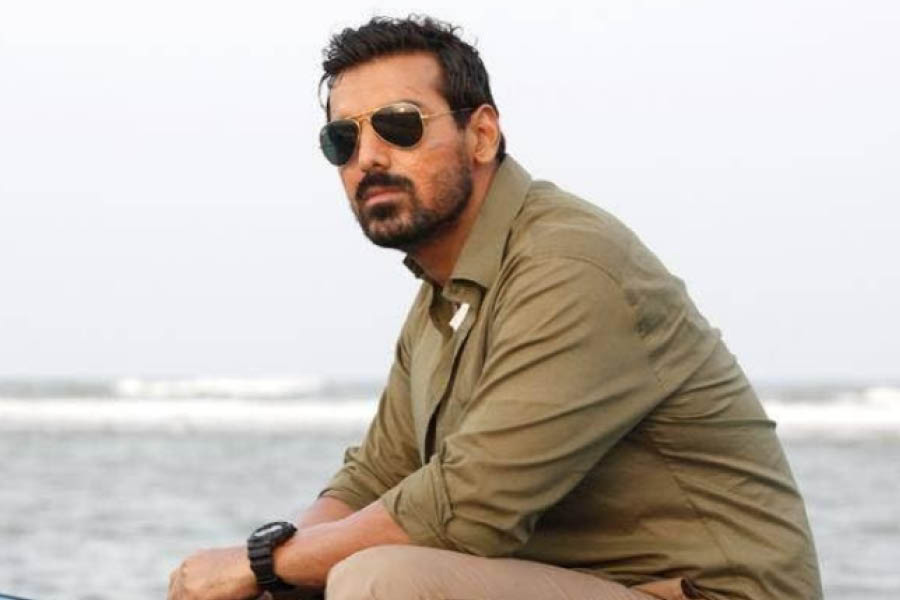
Chandigarh, May 26: On May 19 night in 1989, then Punjab police chief Kanwar Pal Singh Gill had called up a news agency's office here to pass on a message to a CPI student leader, Tara Singh Sandhu.
Sandhu was in Patiala to attend the funeral of Ravinder Ravi, a teacher slain by militants.
"The militants had told Patiala University to stay open and decreed that none should participate in the funeral," Sandhu, now a Congress politician from Moga, told The Telegraph .
"I arrived at the university, closed the gates and made a speech. Students came out of the hostel and the funeral took place. By evening, the militants had my name on their hit list. It was K.P.S. Gill's timely alert that saved my life that day."
It was this image of "saviour" enjoyed by "super cop" Gill, who died at a Delhi hospital this afternoon at 82, that in many minds trumped the controversies that engulfed him, from fake encounters and human rights abuses to a sexual harassment conviction.
Accolades poured in today from the country's topmost VIPs, across the political divide, for the man credited with quelling the Punjab militancy with an iron fist in the 1980s.
Gill had been admitted to the Sir Gangaram Hospital about a week ago with end-stage kidney failure and cardiac problems. Doctors said he died around 2.55pm after a heart attack. He leaves behind his wife and a daughter.
Posted to Assam after joining the Indian Police Service in 1958, Gill served in the northeastern state for 28 years during which he rose to become its police chief and was accused of kicking a protester to death. He was later acquitted.
He returned to his militancy-hit home state of Punjab in 1984 to begin a stellar but controversial stint of 11 years, during which his force was accused of illegally detaining, torturing and killing scores of young suspects and being rewarded for it.
"Those were times of war, and during war excesses happen," said a police officer stationed in Gurdaspur who had joined the force years later but had heard about Gill's tumultuous tenure from his seniors.
"Without the kind of steps that were taken to control the militancy, peace would not have come to Punjab."
Gill had two spells as Punjab director-general of police, first in 1988-90 and again from 1991 till his retirement in 1995. During the first stint, the state's governor was former Bengal chief minister Siddhartha Shankar Ray, known for the ruthlessness with which he had put down the Naxalite insurgency in the early 1970s.
Gill's first big success against the militants came with Operation Black Thunder II in May 1988, when 41 militants were killed and 200 flushed out from the Golden Temple. There was far less damage to the shrine compared with the army-led Operation Blue Star of June 1984, which provoked the assassination of then Prime Minister Indira Gandhi.
Black Thunder II's success was credited to Gill's use of minimum force and his blockade techniques as the forces laid siege to the Golden Temple from May 9 to May 18, when the last militant walked out. Gill had cut off the rebels' power and their water supply from the temple's sarovar.
Many police officers of the time say that Gill's full-fledged backing was what rejuvenated a demoralised force and gave it the confidence to take the militants head on.
"Policemen had learnt to fear the militants because they would target the cops' families. But Gill took the battle to the insurgents. He led the operations from the front and was always present whenever a high-profile militant was being tracked or an encounter was taking place," a retired officer said.
But when the villagers of Punjab began dreading the police more than the militants, Gill turned a blind eye to the complaints. With the government announcing cash awards for each slain militant, there was a spurt in "encounters", disappearances and unclaimed bodies.
Gill's image of a hero was tarnished when a woman IPS officer accused him of molesting her at a party in July 1988. A lower court awarded him three months in jail but a sessions judge modified the sentence to three years' probation.
Punjab and Haryana High Court quashed the FIR but the Supreme Court overruled the decision in 1995. In 1998, the high court upheld Gill's conviction but allowed him parole on the condition of "good conduct". He was asked to pay Rs 2 lakh as compensation, which the victim refused.
In July 2005, the apex court turned down Gill's appeal against the high court order but did not send him to jail.
Another cloud had been cast on Gill's career when human rights activist Jaswant Singh Khalra was murdered in September 1995. Although Gill was not indicted in the case, three sub-inspectors and a head constable were jailed in 2007, with the high court questioning the police's counter-insurgency tactics. The apex court upheld the verdict in 2011.
In 1994, soon after Gill's controversial and unopposed election as Indian hockey chief - amid allegations of arm-twisting from would-be rivals - his policemen beat two sports reporters for posing uncomfortable questions to their boss at a meeting.
After journalists protested on the streets, Gill was forced to walk into the New Delhi office of The Statesman newspaper to apologise.
Eventually, Gill's reputation as the nemesis of militants outlived the criticism. In 2006, the Raman Singh government in Chhattisgarh appointed him as its adviser on how to control the Maoists.
Prime Minister Narendra Modi, Congress president Sonia Gandhi, Congress vice-president Rahul Gandhi and Punjab chief minister Amarinder Singh expressed grief at Gill's death.
"K.P.S. Gill will be remembered for his service to our nation in the fields of policing and security. Pained by his demise. My condolences," Modi tweeted.
A statement from Sonia said Gill would be remembered for his steadfast fight against terrorism and restoration of normality to Punjab.
Gill was awarded a Padma Shri in 1989. He wrote several books and headed the Institute for Conflict Management.

